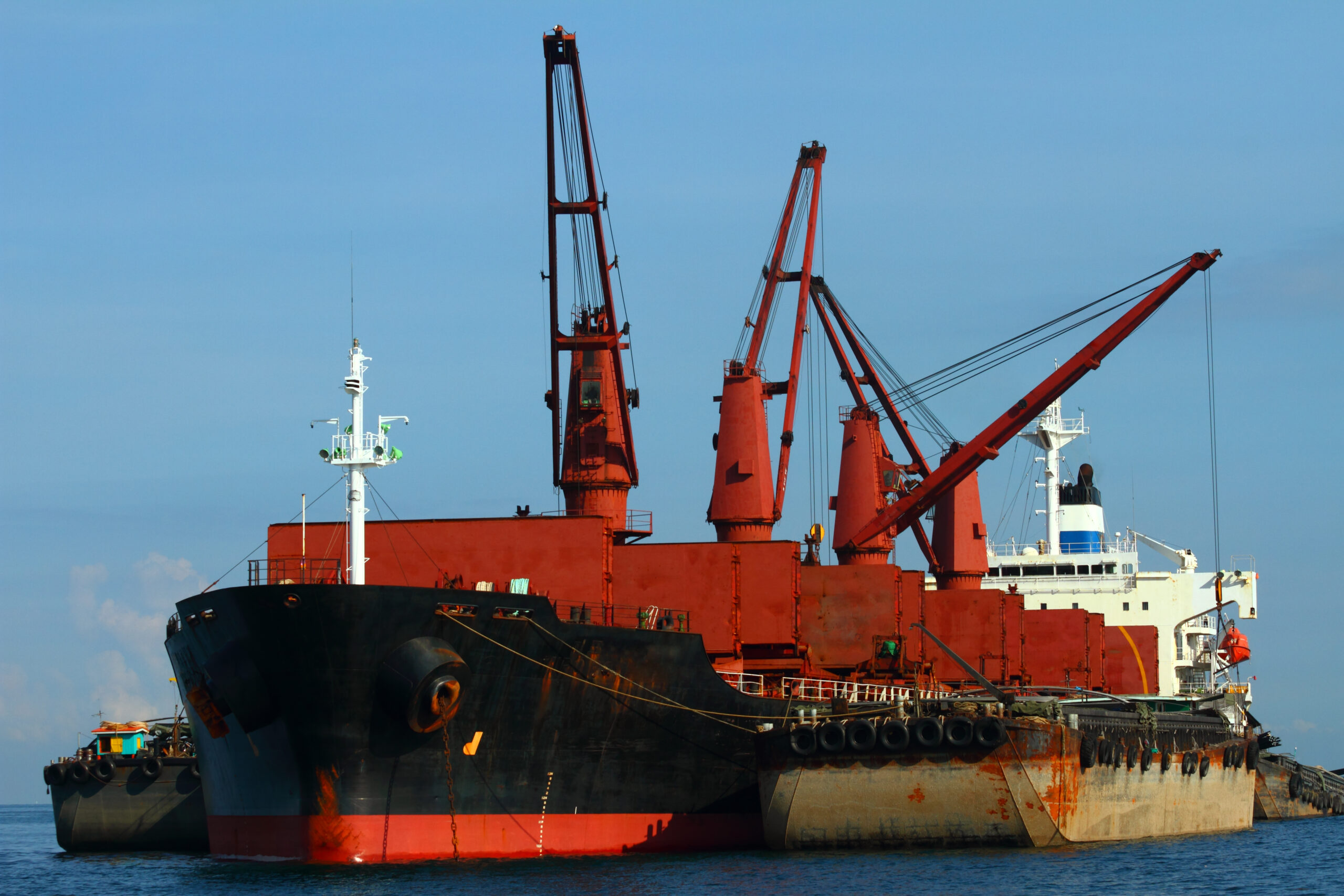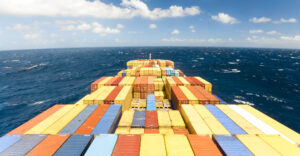India’s ban on non-basmati white rice exports, a move meant to protect domestic food security, has sent tremors through the global food markets, as the Asian country is the world’s leading exporter of this product accounting for 40% of global rice exports.
On July 20, 2023, three days after Russia pulled out of the Black Sea Grain Deal, the Indian Department of Commerce imposed a ban on non-basmati white rice, leveraging this decision as a shield against potential price escalations.
“Export will be allowed on the basis of permission granted by the government of India to other countries to meet their food security needs and based on the request of their government”, according to the department of commerce statement, adding that consignments of non-basmati rice will be allowed to be exported under specific conditions.
Videos of people panic buying Indian rice in crowded grocery stores in the United States and Canada have gone viral. There have also been reports of some stores in the US restricting sales to “one rice bag per family” to deal with the rising demand. Many of these customers are Indian expats used to eating Indian rice.
According to Qatari public news network Al Jazeera, traders and scientists fear a shortage of rice, a staple for more than half of the world’s population, will have a spillover impact on wheat, soya beans, corn and maize, which are used as rice substitutes both for human consumption and in animal feed. This could lead to a domino effect on the demand and prices of not just other food items, but also fuel.
India’s ban of non-basmati rice is not likely to make a direct dent in food budgets in the developed market, where 80% of consumption is of basmati rice. But the impact in the Middle East, which has a huge Indian expat community, and in North Africa as well as certain West African and Asian countries — is worrying.
In Nepal, Bangladesh and several African nations, where rice makes up more than half the food budget, and in countries like the Philippines and Indonesia, whose agriculture and fisheries are being hit by El Nino and other climate change conditions, panic is beginning to set in.
The ban, following other restrictions, “has sent the Asian market into a panic,” is said by various leading economists for grains and oilseeds.
Now there’s concern about food inflation, especially across Asia. India is responsible for about 40% of the global rice trade, and the banned items amount to about 15%, the experts added.
The Indian Government has defended the ban, arguing that it is necessary to ensure food security for its own citizens. However, critics argue that the move is protectionist and will only serve to drive up prices for rice in the global market.
El Nino’s peak warming, which typically happens from December to February, may affect India’s next crop, for which sowing takes place between October and December. All this is adding to concerns of rice-producing and exporting countries – and they are beginning to create stockpiles in anticipation of a shortage.



